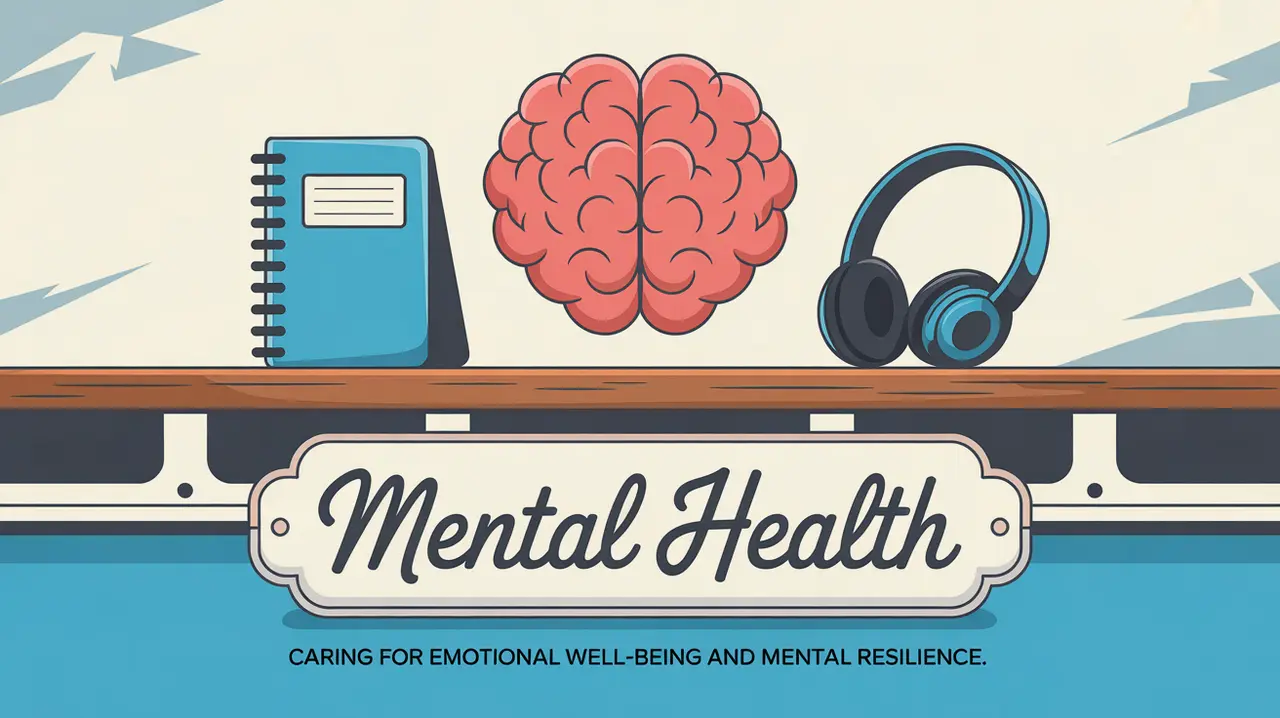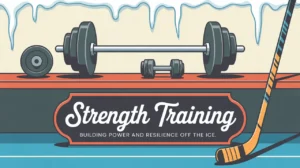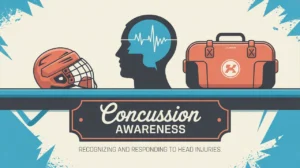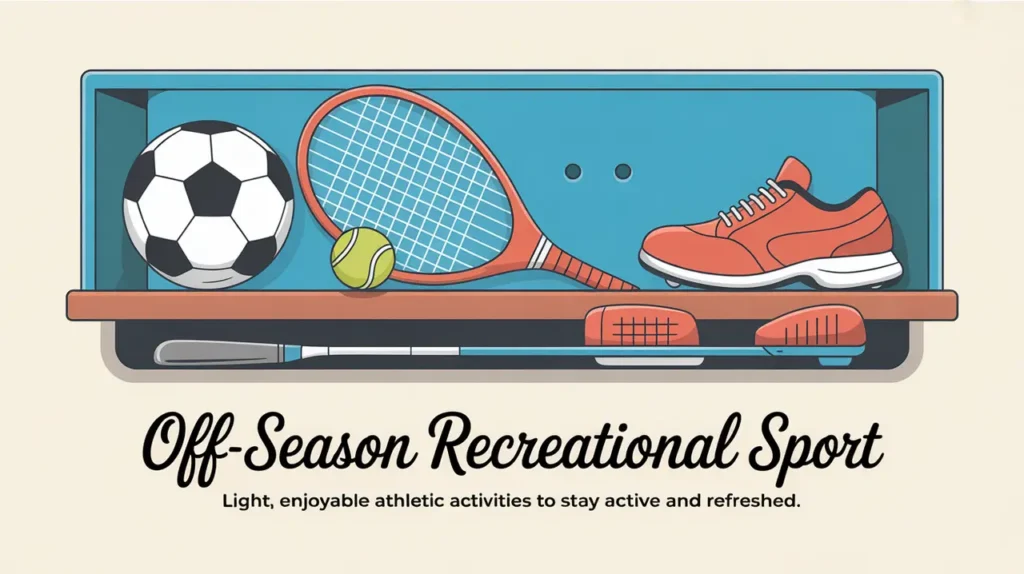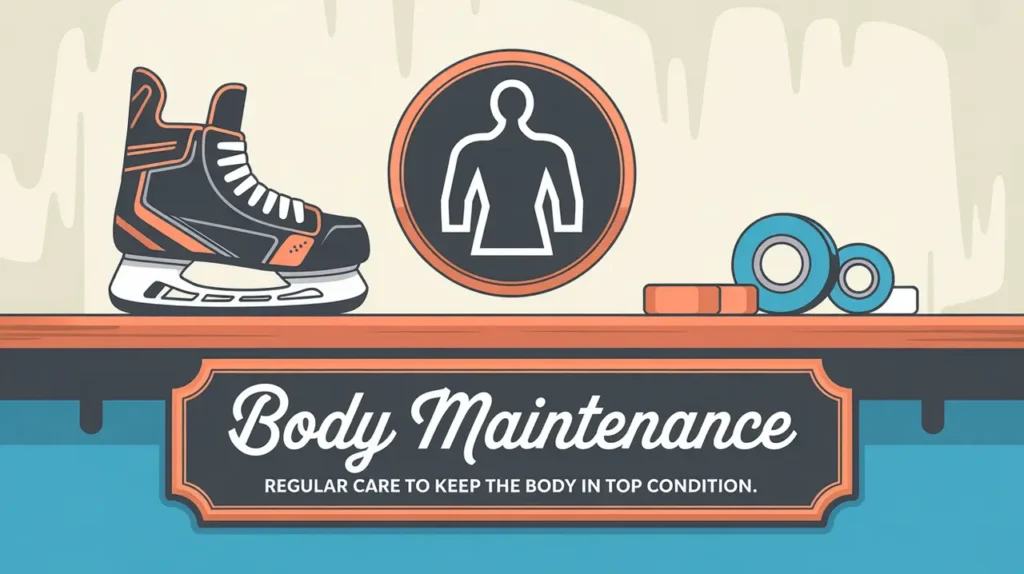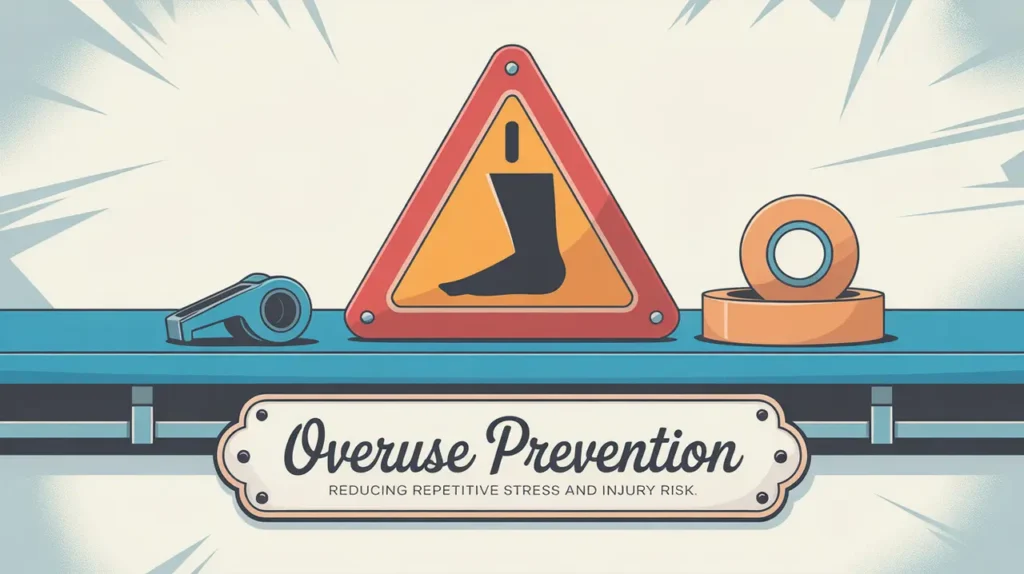Jim’s Intro to Mental Health
Hi folks, Jim here, the only commentator who once gave a pregame pep talk to a vending machine because I was too stressed to realize I wasn’t in the locker room.
What is mental health?
Mental health is the state of a player’s emotional, psychological, and social well-being, influencing how they think, feel, and perform. In hockey, where pressure, competition, and constant travel can build up fast, maintaining strong mental health is as essential as physical conditioning.
How does it work?
Mental health affects every layer of performance and experience:
- Focus and Decision-Making: A clear, balanced mind leads to smarter plays under pressure.
- Confidence and Resilience: Good mental health helps players bounce back from mistakes or slumps.
- Motivation and Energy: Mental fatigue can sap drive just as much as physical exhaustion.
- Team Dynamics: A mentally healthy player communicates better and supports teammates.
- Long-Term Well-Being: Addressing challenges early protects both playing careers and personal lives.
How do you make good decisions with it?
- Acknowledge It Matters: Treat mental health like any other part of training.
- Build Routines: Regular habits like journaling, breathing exercises, or quiet time help regulate emotions.
- Know Your Signals: Pay attention to changes in mood, motivation, or focus.
- Use Your Support Network: Coaches, teammates, parents, mental performance coaches, and professional mental health expertise can all help.
- Ask for Help Early: Reaching out is a strength, not a weakness.
How do you master it?
Mastering mental health means developing self-awareness and healthy coping strategies. Over time, players learn to manage pressure, stay grounded during highs and lows, and maintain balance throughout demanding seasons.
What does it look like when done right?
Good mental health looks steady, confident, and connected. Players bring focus to games, handle adversity with composure, and find joy in competing and growing.
Commentator’s Corner
Jim’s Take
Mental health is like the Zamboni between periods. It smooths out the rough patches so you can play your best when the puck drops again.
Parent Tip
Create space for honest conversations. Look out for signs that your child may be struggling. Arrange the appropriate profession help if needed. Support matters just as much as skill development.
Player Tip
Take your mental well-being seriously. Quick daily habits can make a big difference over a long season.
A Final Thought
Mental health shapes how players show up for themselves and their teams. Master it, and you’ll build the resilience, focus, and joy needed to thrive both on and off the ice.

